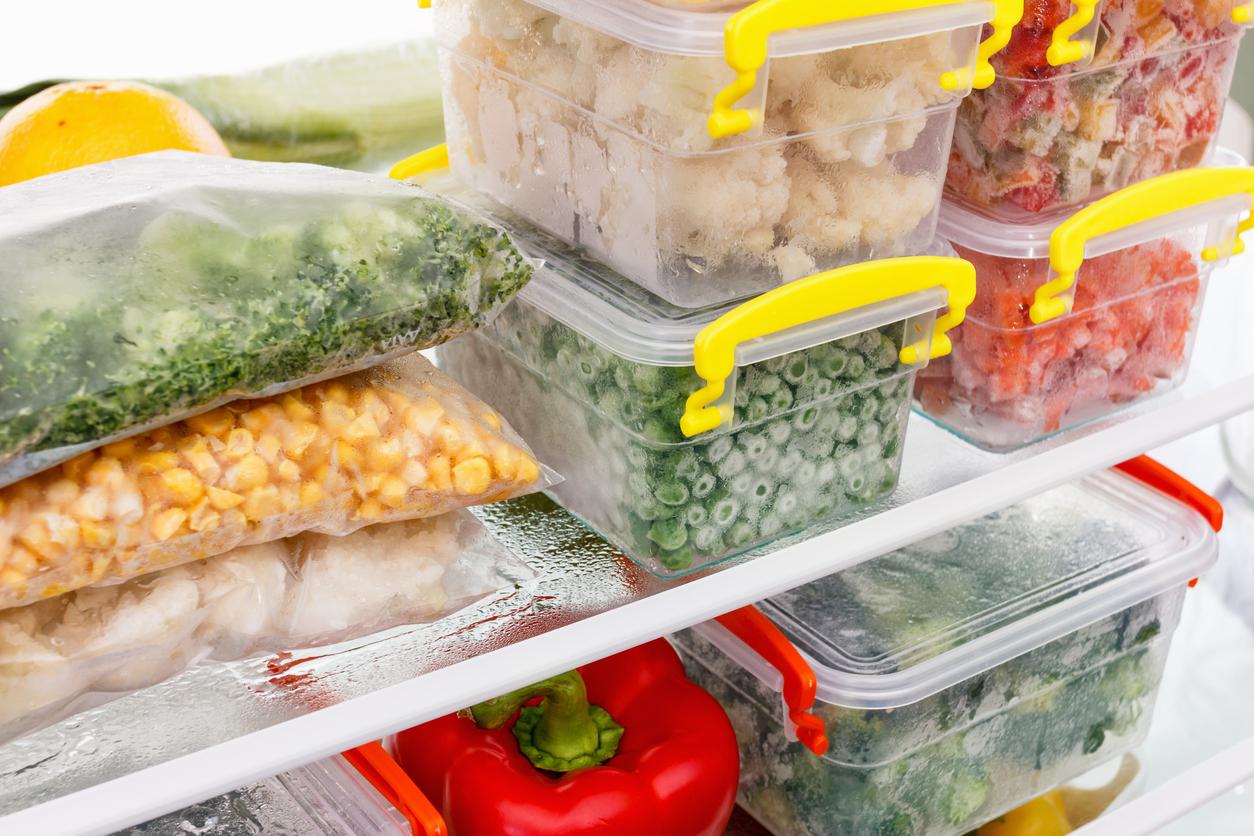For those whose end of July marks the return from vacation, some advice on not being trapped by the contents of a refrigerator or freezer left unattended.

When you come back from vacation, you find – theoretically – your refrigerator that you unplugged and cleaned before leaving, which is the best solution – or purring with pleasure while waiting for your return – it’s not so good!
However, even if it seems neat to you, you must do a serious cleaning with very diluted bleach. Because in summer it is hot and we know that a few degrees difference is enough to double the number of microbes present in food. Microbes which, even in number, are harmless to our digestive tract, which has billions of them permanently. But microbes which, when they reach a certain concentration per food, completely break this balance.
Beware of temporary power outages
In a clean “fridge”, the average ideal temperature is 4°. Colder for the meat compartment, close to 2°, less cold for the vegetable compartment, ideally at 6°. To have complete confidence in your freezer, which fears a temporary power failure, before leaving you will have placed a popsicle, taken out of its packaging, at the bottom of one of the drawers. If you find it spread out on your return, have no confidence in the preserved products because you have absolutely no idea how long it will take to thaw and therefore the degree of contamination of the food.
Maintain good holiday habits
Always in the radius of dietary advice, do as on vacation, take your time for meals. Have you noticed that those who eat slowly, even if they exasperate you, are often quite thin? It is simply because they reach satiety before having swallowed everything. Experience. Take a bowl of chocolate mousse. Eat without restraint and calculate the number of spoonfuls that satisfied you. Then, the next day, repeat the experiment, observing an interval of one minute between each spoonful. You will see that for the same satisfaction, the number is clearly reduced.
Quite simply because in the middle of our brain, there is a so-called satiety “control” zone which has had time to receive the information and send you the message to limit consumption. As a general rule, a meal in less than 30 minutes rarely makes it possible to limit the intake by unconscious intervention of this part of the brain. This is why the one who eats quickly, generally, eats too much!
.

















